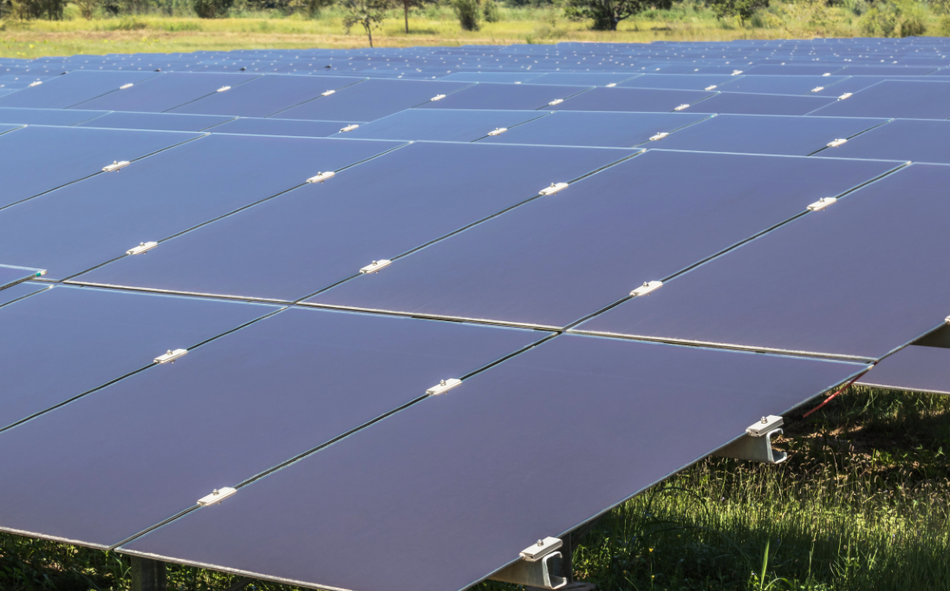Mar 26 2020
Solid oxide fuel cells, or SOFCs, are highly efficient and clean power generating systems with the ability to produce electrical energy. However, infrequent applications and high operating temperatures are some of their drawbacks.

Image Credit: Soonthorn Wongsaita/Shutterstock.com
At the Tokyo University of Science, a team led by Dr Tohru Higuchi analyzed ways to enhance the efficiency of SOFCs by reducing their operating temperature, which could enable their use as a substitute to thermal and nuclear power generation in the future.
In this era of post-industrialization, electricity has turned out to be the backbone of society. But the use of fossil fuels to produce electricity is not a good choice as they are harmful and scarce. In the past 20 years, considerable measures have been taken to develop methods to promote sustainable energy.
In this context, solid oxide fuel cells (SOFCs) have emerged as a highly efficient and clean alternative to produce electrical energy. But the main drawback of SOFCs is their high operating temperatures, which limits their extensive usage.
Several studies have tried to overcome this disadvantage by using fluorite type oxides like CeO2-δ to enhance conductivity at high temperatures. In general, such fluorite oxides occur in porous form, and their mechanism of conductivity relies on the surface adsorption of water molecules—the process by which molecules or atoms adhere to a surface.
Under the guidance of Dr Tohru Higuchi, a group of researchers from Tokyo University of Science took this research to the next level. In their study reported in the Nanoscale Research Letters journal, the scientists investigated the effect of “doping.” Doping involves the addition of impurities to modify the conductivity of the oxides, which are highly applicable for SOFCs.
The team “doped” the oxide with Samarium (Sm), a metal. Next, thin films of this doped oxide were deposited on a substrate of aluminum oxide (Al2O3) in a particular direction known to improve the conductivity.
When considering practical devices, thin film forms are more suitable than porous or nanocrystalline forms.
Dr Tohru Higuchi, Department of Applied Physics, Tokyo University of Science
As a next step, the researchers characterized the electronic structure and crystalline quality of the newly developed film. They then team compared the conductivity of thick ceramic oxides generally used in the industry with that of the new film. The study results demonstrated that the ceramic sample had poor proton conductivity and poor crystallinity than the thin film sample.
Furthermore, the resistance of the thin film to electrical flow, or its “resistivity,” was observed to decline with the increase in humidity. This was caused by the “proton conduction” in fluorite type oxides, as described by Grotthuss mechanism.
A water molecule comprises one hydrogen atom and two oxygen atoms. The water molecules are linked by bonds between them, known as “hydrogen bonds.” The Grotthuss mechanism (or the “hop-turn” mechanism) enables the water molecules to be disintegrated into ions that enhance the conductivity.
Hence, they shift from one hydrogen bond to another. The new film was observed to display surface protonic conduction in the low-temperature region less than 100 °C. Thanks to its high conductivity at room temperatures, the newly developed film could find various applications in the days to come.
Our study on electrolyte membranes presents radical findings that can help lower the operating temperature of SOFCs, and may be an alternative system for making more practical devices using fluorite type oxides in SOFCs, and open up new avenues for nuclear and thermal power generation in the future.
Dr Tohru Higuchi, Department of Applied Physics, Tokyo University of Science